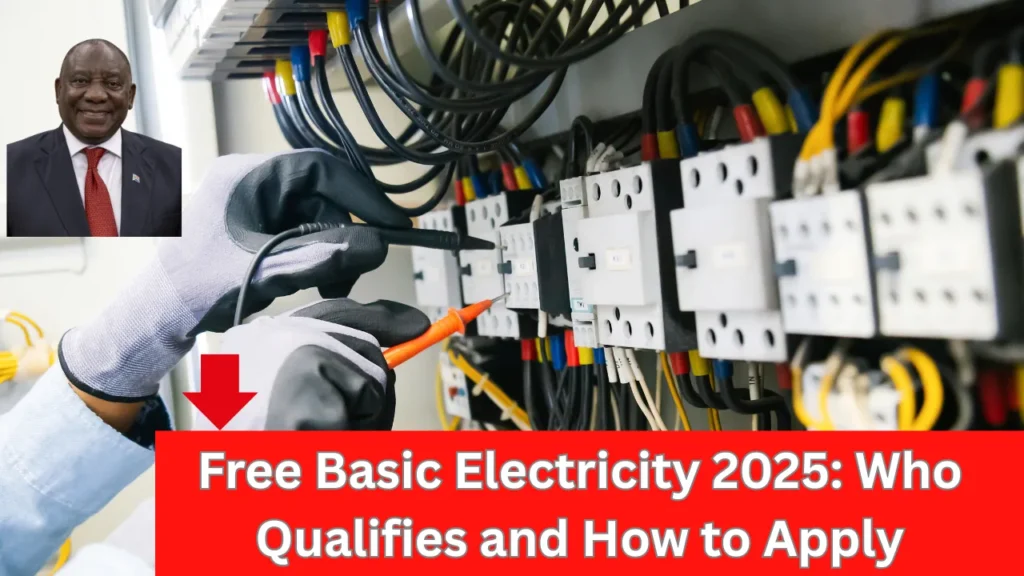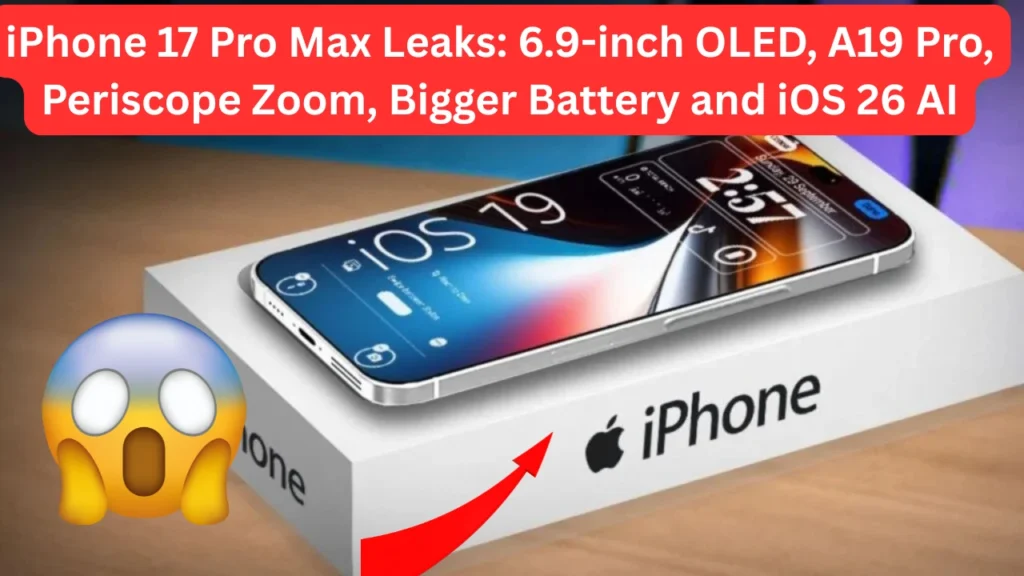Electricity costs continue to rise in South Africa, making life more difficult for low-income households. To provide relief, government has extended the Free Basic Electricity (FBE) programme for 2025. This initiative ensures that qualifying households receive a limited amount of electricity each month at no cost, helping families cover most essential needs.
The Free Basic Electricity benefit is especially important for communities on indigent or lifeline tariffs, many of whom use prepaid meters. For households without access to grid electricity, a related scheme Free Basic Alternative Energy (FBAE)—offers paraffin, LPG, or other fuel options.
This guide explains who qualifies, what documents are required, and how to complete your application successfully.

Free Basic Electricity 2025 for South Africans
| Programme Name | Free Basic Electricity (FBE) |
| Year of Apply | 2025 |
| Benefit Provided | Limited free electricity units per month |
| Eligibility | Low-income households on lifeline or indigent tariffs |
| Alternative Support | Free Basic Alternative Energy (FBAE) for non-grid households |
| Application Requirements | ID, proof of residence, income proof, prepaid slip or account statement |
Free Basic Electricity 2025 (Who Qualify)
To qualify for the Free Basic Electricity programme, a household must meet the criteria set by its municipality. While conditions differ across regions, the common requirements include:
- Applicant should be a South African citizen / permanent resident.
- The household must fall below the municipal income threshold.
- The home must be a registered dwelling within the municipality.
- The property should have an active electricity connection, either prepaid or postpaid.
- For prepaid users, a valid meter number is needed.
- For postpaid users, the municipal account must be in the applicant’s name.
In addition, some municipalities also consider property value, the number of dependants in a home, and whether the household receives other government assistance.
For families not connected to the grid, the FBAE programme provides energy support through local depots or ward offices.
What the Free Units Include
Once an application is approved, beneficiaries receive a set number of free electricity units each month.
- Prepaid users: The free units are loaded during the first purchase after the reset date. A small top-up may be needed to trigger the credit.
- Postpaid users: The credit appears as a deduction on the monthly bill.
- Non-grid households: Alternative energy such as paraffin or LPG is distributed at community offices.
Households should note that unused free units do not roll over. Beneficiaries must collect their allocation every month.
How to Submit Application?
The Free Basic Electricity application requires preparation. Below is the recommended process:
- Confirm municipal participation: Not all municipalities run the programme the same way. Start by checking at your local office or customer centre.
- Gather your documents:
- Valid ID or passport
- Proof of residence (not older than three months)
- Proof of household income or affidavit if unemployed
- Recent municipal account or prepaid slip showing meter number
- Supporting documents such as SASSA grant confirmation if applicable
- Collect the application form: Forms are available at municipal offices, councillor offices, or authorised customer centres.
- Complete the form: Fill in details carefully. Sign the consent for income verification where required.
- Submit the form: Hand in your application with certified copies of all documents. Obtain a reference number.
- Verification: Municipal staff may call or conduct a home visit.
- Approval and confirmation: Once approved, you receive written confirmation, along with details of when and how your free units will start.
If your application is unsuccessful, you have the right to ask for written reasons and re-apply after correcting errors.
Common Mistakes to Avoid While Applying
Applicants are often rejected due to errors that can be easily avoided:
- Incorrect meter numbers or prepaid slips not matching the address.
- ID details not consistent with proof of residence.
- Outdated or missing income documents.
- Applying with a municipal account not in the applicant’s name.
- Not updating changes in address, household size, or income.
To avoid delays, always double-check your paperwork before submission.
Appeals and Re-Applications
If your application is rejected, you can appeal. Request the decision in writing and submit missing or corrected documents within the given window. Municipal offices generally provide guidance on how to re-apply.
Households must also re-register annually in many areas. Failing to update records may lead to suspension of benefits.
Free Basic Electricity Programme Importance
The Free Basic Electricity programme has both social and economic value:
- It ensures that poor households are not left in the dark.
- It improves quality of life by supporting access to lighting, cooking, and communication.
- It reduces household spending on energy, freeing up money for food and school expenses.
- It protects vulnerable households during times of rising electricity tariffs.
By extending relief to households in need, the programme reduces inequality and strengthens community well-being.
FAQs Free Basic Electricity 2025 Who Qualify
Low-income households on lifeline or indigent tariffs with valid connections qualify.
ID, proof of residence, proof of income, and either a prepaid slip or municipal account.
Free units are loaded as the first block of electricity purchased each month.
You can request written reasons, correct errors, and re-apply or appeal.
No, units must be collected monthly. Unused portions do not carry forward.
The Free Basic Electricity 2025 programme is an important support measure for low-income South African households. By covering the basics, it allows families to keep lights on and reduce financial pressure.
For applicants, success lies in proper preparation: ensuring documents are complete, applications are accurate, and re-registration is done on time. When used effectively, this programme not only benefits households but also contributes to broader social stability.
Click here to learn more

John Michael Ramos is a blogger passionate about Government Schemes, Exams, Automobiles, and Trending News. His aim is to provide simple and authentic information.

